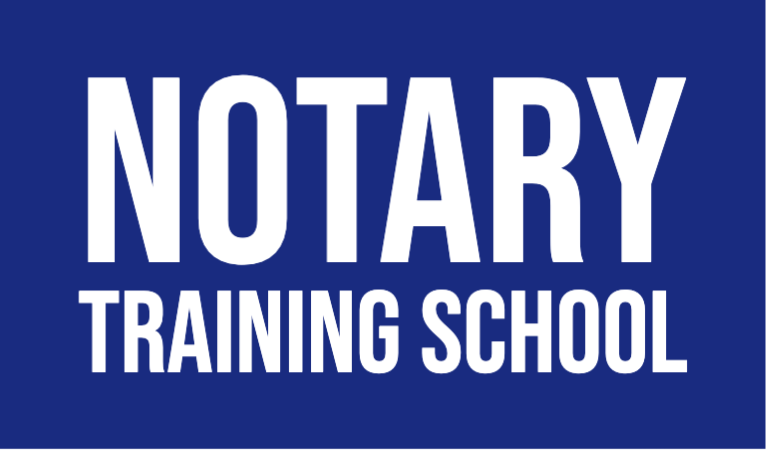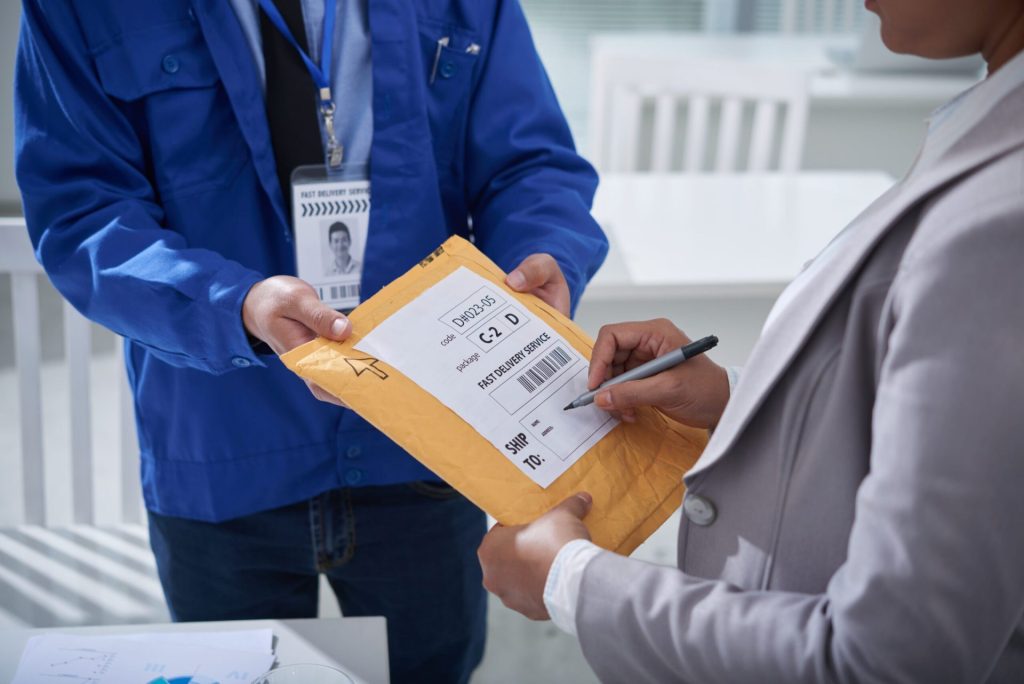Understanding Notarization Requirements for Common Loan Documents

Notarization is a critical step in the loan process, ensuring the validity and authenticity of various documents involved. For Notary Signing Agents (NSAs), understanding which loan documents require notarization and how to properly notarize them is essential. This article will delve into the notarization requirements for common loan documents, providing NSAs with the knowledge they need to execute their duties effectively.
Table of Contents
The Role of a Notary Signing Agent

What is a Notary Signing Agent?
A Notary Signing Agent (NSA) is a specially trained notary public who handles loan document signings. NSAs play a vital role in the loan signing process, ensuring that all documents are signed correctly and notarized where necessary. Their responsibilities include verifying the identity of signers, witnessing the signing of documents, and affixing their notary seal.
Legal Responsibilities and Ethical Considerations
NSAs must adhere to strict legal and ethical guidelines to maintain the integrity of the notarization process. This includes understanding state-specific laws, maintaining impartiality, and ensuring all documents are accurately completed. Ethical considerations involve avoiding conflicts of interest and ensuring that all parties fully understand the documents they are signing.
Types of Loan Documents

A typical loan package includes numerous documents, each serving a specific purpose in the loan process. The necessity of notarization stems from the need to prevent fraud and ensure that all parties involved are aware of and agree to the terms of the loan. It’s important to note that all loan packages are unique, and NSAs should follow the instructions of the signing company to ensure all required documents are notarized.
Deed of Trust/Mortgage
The deed of trust or mortgage is a crucial document that secures the loan by giving the lender a legal claim to the property in case of default. This document must be notarized to ensure its validity and enforceability. Notarizing the deed of trust or mortgage involves verifying the signer’s identity, witnessing the signing, and applying the notary seal. Accuracy in notarizing these documents is crucial, as errors can lead to legal complications and delays in the loan process.
Affidavit of Debts and Liens
The affidavit of debts and liens declares that there are no outstanding debts or liens against the property. Notarization of this affidavit ensures the accuracy and honesty of the declaration, protecting all parties involved in the transaction.
Affidavit of Occupancy
This affidavit confirms the borrower’s intent to use the property as their primary residence. Notarizing the affidavit of occupancy adds a layer of verification, ensuring the borrower’s statements are true and legally binding.
Borrower’s Closing Affidavit
The borrower’s closing affidavit is a document in which the borrower affirms various statements about the property and the transaction. This affidavit typically includes statements about debts, liens, and occupancy. Notarization ensures the affidavit’s authenticity and the borrower’s commitment to the truthfulness of the statements.
Certificate of Trust
A certificate of trust provides information about a trust, such as its existence and the trustee’s authority. Notarization of this document verifies the authenticity of the trust and the trustee’s authority to act on behalf of the trust.
Disbursement of Proceeds
The disbursement of proceeds document outlines how the funds from the loan will be distributed. Notarization ensures that all parties agree to the disbursement plan and that the document is legally binding.
Errors & Omissions and Compliance Agreement
This agreement requires the borrower to correct any errors or omissions in the loan documents. Notarization of this document ensures the borrower’s commitment to resolving any issues that may arise.
General Warranty Deed
A general warranty deed guarantees that the grantor holds clear title to the property and has the right to sell it. This deed is often notarized to verify the grantor’s identity and the authenticity of the transaction.
Grant Deed
A grant deed transfers ownership of the property from the grantor to the grantee. Notarization of the grant deed ensures the transfer is valid and the grantor has the legal right to transfer the property.
Homestead Affidavit
The homestead affidavit is a declaration that the property is the borrower’s primary residence and qualifies for homestead protection. Notarization confirms the borrower’s claim and the legal standing of the affidavit.
Limited Power of Attorney/Correction Agreement
This document grants someone the authority to act on behalf of the borrower in specific situations, such as correcting errors in loan documents. Notarization validates the authority granted and ensures the borrower’s understanding and agreement.
Marital Status Affidavit
The marital status affidavit declares the borrower’s marital status, which can affect property rights and the loan process. Notarization confirms the accuracy of this declaration.
Name Affidavit/Signature Affidavit/Aka Statement
This affidavit confirms that the borrower may be known by different names or variations of their signature. Notarization ensures the document’s authenticity and the accuracy of the borrower’s identity.
Owner’s Affidavit
The owner’s affidavit is a sworn statement by the property owner regarding the property’s status, such as the absence of liens or encumbrances. Notarization ensures the affidavit’s truthfulness and legal validity.
Quitclaim Deed
A quitclaim deed transfers any interest the grantor has in the property without warranties. Notarizing this deed ensures the validity of the transfer and the grantor’s identity.
Refinance Affidavit
The refinance affidavit contains statements about the property and the refinance transaction. Notarization verifies the truthfulness of these statements and the borrower’s agreement to them.
Subordination Agreement
A subordination agreement adjusts the priority of liens on the property, allowing new liens to take precedence over existing ones. Notarization of this agreement ensures all parties understand and agree to the changes.
Survey Affidavit
The survey affidavit confirms that the property’s boundaries and structures match the recorded survey. Notarization validates the affidavit and the accuracy of the survey information.
Tax Affidavit
The tax affidavit declares the status of property taxes, ensuring they are paid or outlining any outstanding obligations. Notarization ensures the truthfulness of the tax declaration.
Conclusion
In conclusion, understanding the notarization requirements for common loan documents is essential for Notary Signing Agents to perform their duties effectively. By being well-versed in the notarization process for documents such as the deed of trust, various affidavits, power of attorney, and different types of deeds, NSAs can ensure the integrity and legality of loan transactions. Staying updated with state-specific notarization laws and regulations is crucial for NSAs to continue providing reliable and compliant services. Remember, all loan packages are unique, so always follow the instructions of the signing company to ensure all required documents are notarized.






Responses